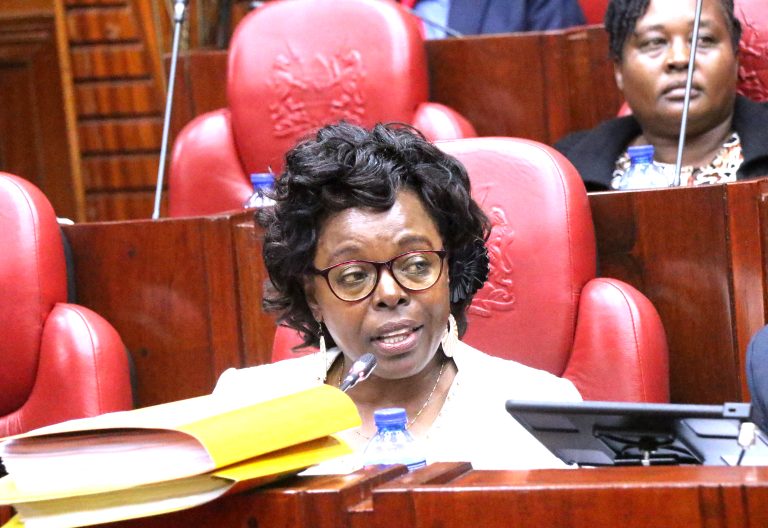Protests: Be wary of demonising one ethnic group
By Hansen Owilla, June 30, 2025Kenya is at a historic moment as Kenyans speak in one voice. Young and old, rich and poor, urban and rural are rising in protest, not for a politician or tribe, but for the promise of a better country.
For once, Kenya’s frustrations have found unifying expression. Yet the danger lurks not just in State violence but in the cunning manoeuvres of the political class.
You see, while we have seen shocking images of crude weapon-wielding youths walk side by side with the police and point-blank shooting of unarmed protesters, a disturbing pattern is emerging: ethnic profiling and labelling of the protests as a Kikuyu affair.
Critics argue that such profiling justifies disproportionate casualties in Kikuyu-dominated areas and projects the Gen Z-led revolt as elite-driven grievances, misleading young Kenyans who become casualties.
If this were accurate, the State machinery would have exposed any monied politician moving youth to express such massive dissent.
What began as a generational awakening with Gen Z at the frontlines is now threatened by political machinery that has for decades used tribe, fear, and false promises to divide and rule.
The old shortcut of infiltrate, hijack, and redirect people’s anger toward selfish ends remains the currency for political survival.
These protests are not about Raila Odinga, William Ruto, or Kalonzo Musyoka. They are not about Kikuyu, Luo, Kalenjin, or Luhya. They aree about unfulfilled promises made to Kenyans who caused stampedes getting to Kasarani for this regime’s inauguration.
This generation that gyrated to the “Hatupangwingwi” song in defiance of moral order and status quo transcends tribal boundaries. Singling out one tribe is an unfortunate trope.
We are dealing with a generation refusing to resign to what earlier generations perfected – wallowing in hopelessness while waiting. They know what they were promised and are deconstructing the myth that civic power is given while the electorate waits five years.
Politicians, trained in opportunism’s dark arts, now scramble to ride the wave. They appear at vigils shouting slogans not from solidarity but to redirect momentum toward electoral calculus. Previously labelled “ODM and probably Luo affairs”, now the mathematics favour demonising another ethnic group.
The pattern continues, exploiting ethnic cleavages in a mechanical, cheap fashion meant to disrupt arguably the most inclusive, organic, and unifying political awakening in Kenya’s history.
When genuine protest is co-opted, its soul is lost. Noble movements get diluted by political scheming, transformed into ethnic contests, or silenced by meaningless appointments.
This is not the time to retreat or be divided by propaganda. It’s time to build people power beyond tribe, beyond political party, beyond personality.
The future lies in citizens’ boldness to reject the old order and demand a new one where protest isn’t criminalised and being Kenyan means more than being a pawn in tribal arithmetic.
The people must not blink. The power they’ve found is rare. If held tightly and wisely, maybe this time, Kenya will change from the ground up.
The writer is a media studies Researcher
More Articles

